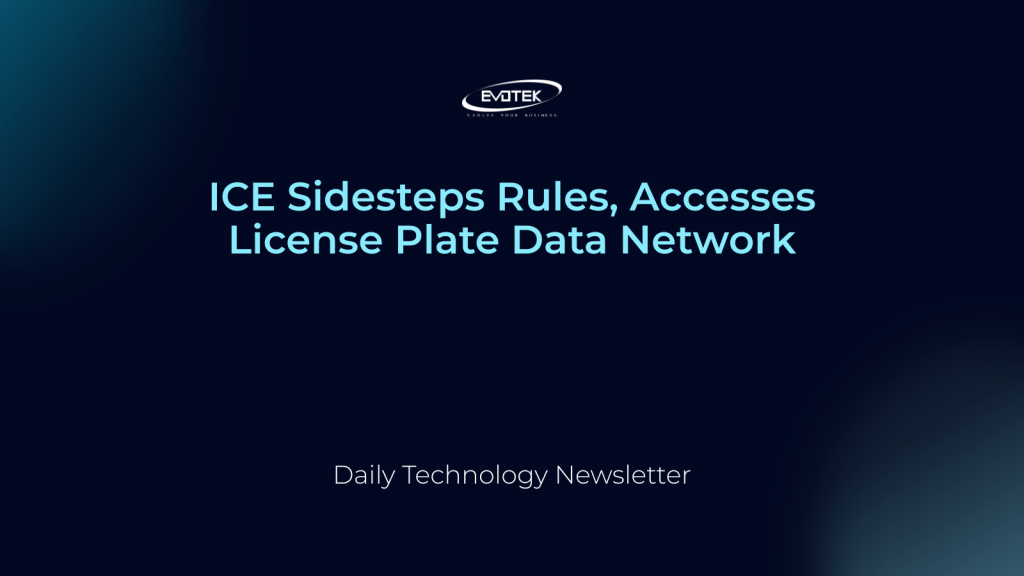U.S. Immigration and Customs Enforcement (ICE) has indirectly tapped into Flock Safety’s expansive, AI-driven license plate reader (ALPR) network through local and state law enforcement partnerships, raising significant legal and privacy concerns. Documents obtained by 404 Media reveal this backdoor access.
How ICE Gained Access
Without a direct agreement with Flock Safety, ICE leveraged existing relationships with local and state police to conduct over 4,000 lookups between June 2024 and May 2025. These searches, documented with justifications like “immigration,” “ICE+ERO,” or “ICE WARRANT,” were carried out by agencies spanning numerous states, including Texas, Florida, Missouri, and Arizona. Often, local officers acted on informal requests from federal agents, effectively circumventing direct oversight.
Flock Safety: A National Surveillance Network
Flock Safety operates more than 40,000 ALPR cameras across 5,000+ U.S. communities. These cameras continuously record vehicle data – license plates, color, make, and distinguishing features – enabling law enforcement to track vehicle movements, often without warrants. The ‘National Lookup’ tool allows agencies to query data nationwide, raising questions about data control and oversight.
Legal and Policy Violations
Illinois law prohibits using ALPR data for immigration enforcement, and Flock’s policies echo this restriction. Yet, audit data demonstrates ICE accessed the system indirectly through state and local police. While some departments claim the “immigration” tag was used in error or for unrelated criminal probes, the practice raises serious concerns about compliance and accountability.
Privacy Concerns and Civil Liberties
Civil liberties advocates warn that this informal data sharing facilitates mass surveillance with minimal oversight, potentially violating individual privacy rights. The situation sparks a crucial debate about the appropriate limits of law enforcement surveillance and the need for greater transparency.
Key Takeaways:
- Indirect Access: ICE bypassed direct agreements to access a nationwide license plate reader network.
- Legal Gray Areas: State laws and company policies were potentially circumvented through informal requests.
- Privacy Implications: Civil liberties advocates raise alarms about mass surveillance and lack of oversight.
This report underscores the ongoing tension between law enforcement needs, technological capabilities, and individual privacy rights in the digital age. The collaboration between federal and local agencies highlights the complexities of immigration enforcement and data sharing practices.
Source: 404 Media, Reason, Flock Safety
Tags: ICE, Immigration, License Plate Readers, Privacy, Surveillance, Civil Liberties

 日本語
日本語 한국어
한국어 Tiếng Việt
Tiếng Việt 简体中文
简体中文